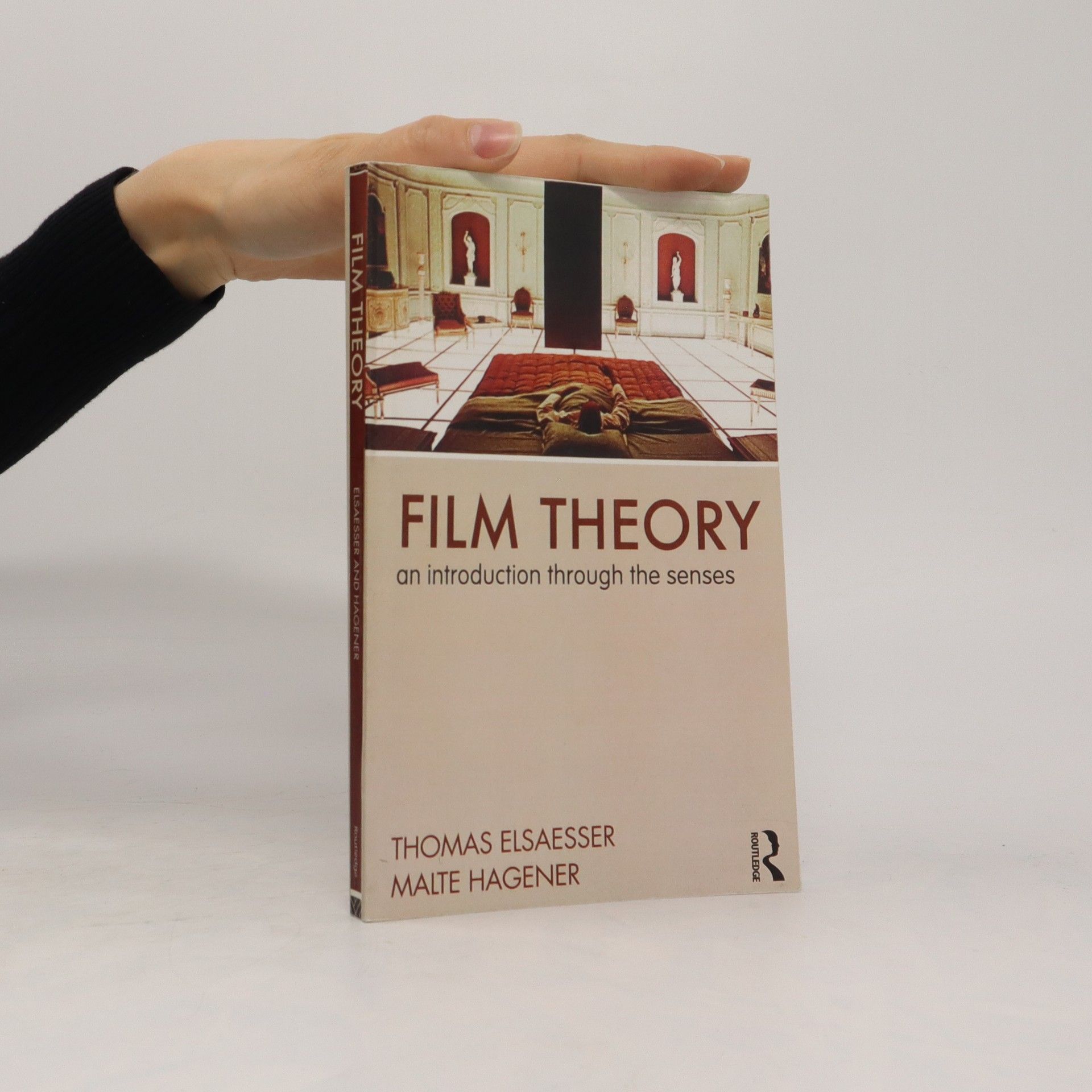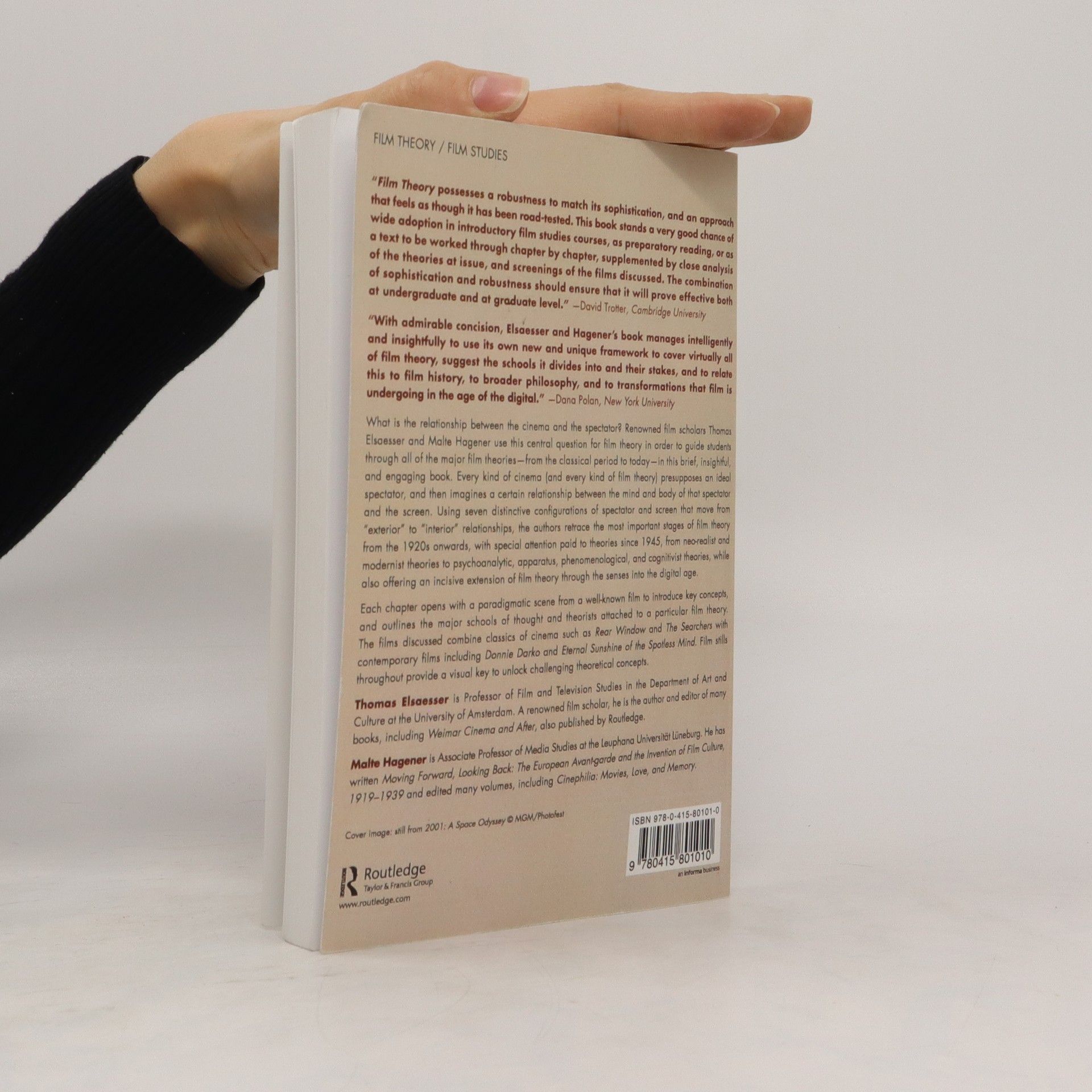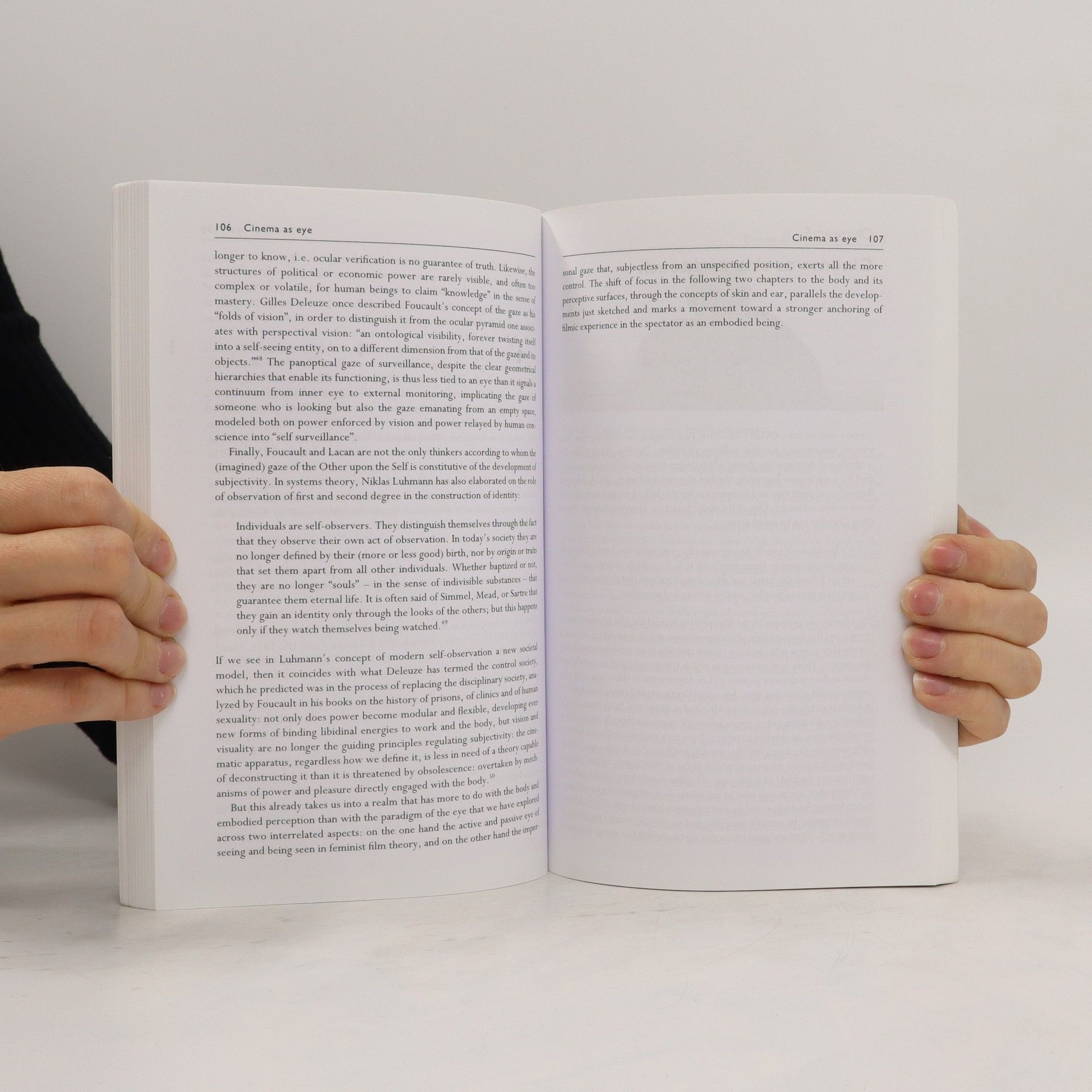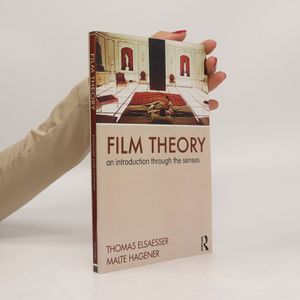More about the book
What is the relationship between the cinema and the spectator? Renowned film scholars Thomas Elsaesser and Malte Hagener use this central question for film theory in order to guide students through all of the major film theories-from the classical period to today-in this brief, insightful, and engaging book. Every kind of cinema (and every kind of film theory) presupposes an ideal spectator, and then imagines a certain relationship between the mind and body of that spectator and the screen. Using seven distinctive configurations of spectator and screen that move from "exterior" to "interior" relationships, the authors retrace the most important stages of film theory from the 1920s onwards, with special attention paid to theories since 1945, from neo-realist and modernist theories to psychoanalytic, apparatus, phenomenological, and cognitivist theories, while also offering an incisive extension of film theory through the senses into the digital age. Each chapter opens with a paradigmatic scene from a well-known film to introduce key concepts, and outlines the major schools of thought and theorists attached to a particular film theory. The films discussed combine classics of cinema such as Rear Window and The Searchers with contemporary films including Donnie Darko and Eternal Sunshine of the Spotless Mind. Film stills throughout provide a visual key to unlock challenging theoretical concepts.
Language
Book purchase
Film theory : an introduction through the senses, Thomas Elsaesser, Malte Hagener
- Language
- Released
- 2010
- product-detail.submit-box.info.binding
- (Paperback)
Payment methods
We’re missing your review here.




